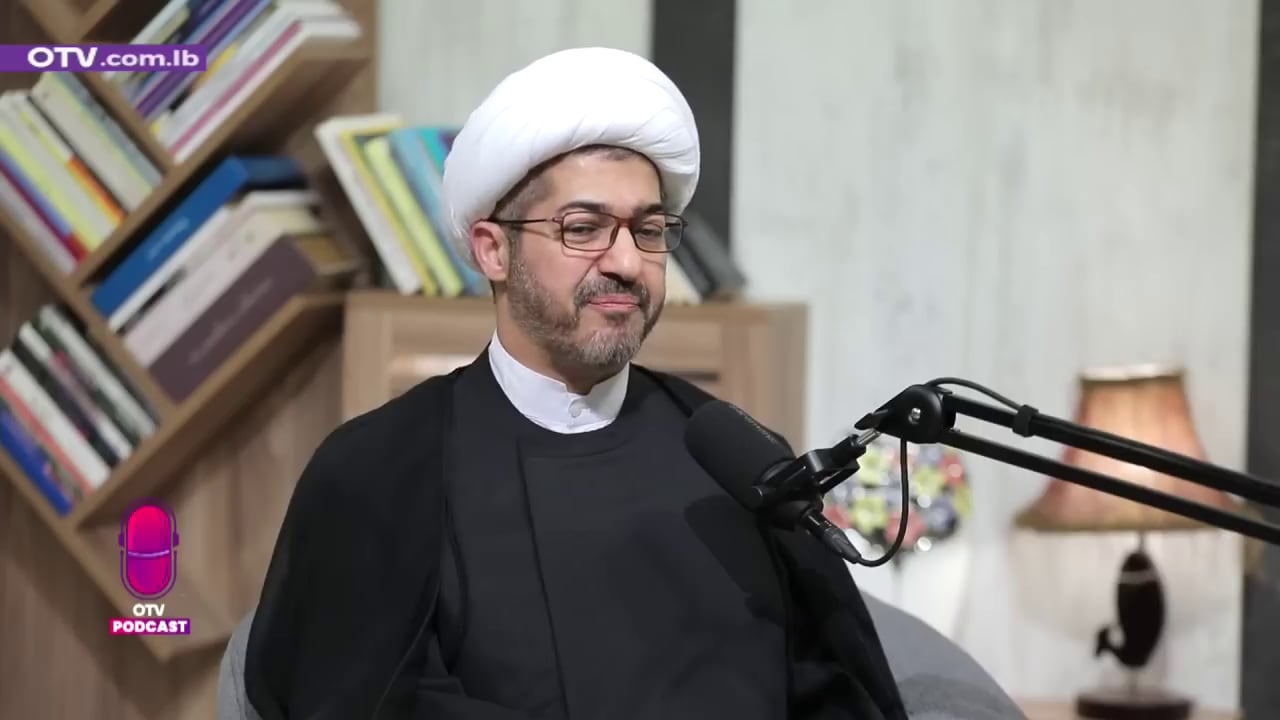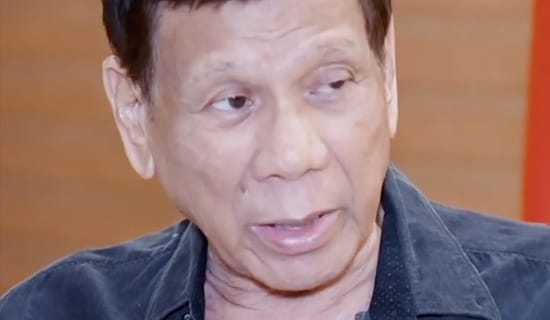
Following are excerpts from an interview with Egyptian playwright Ali Salem, which aired on Al-Kahera Wal-Nas TV on February 18, 2013.
Interviewer: Does it disturb you when the term "Israeli enemy" is used?
Ali Salem: It disturbs me because it is harmful to us. The Israelis are not an enemy – at least not of the Egyptians.
Interviewer: Israel is not an enemy of Egypt?
Ali Salem: No, it is not.
Interviewer: Which is more dangerous to Egypt – Israel or Iran?
Ali Salem: Neither. Poverty and the lack of freedom are the most dangerous to Egypt.
Interviewer: There has been poverty for a long time, but I am talking about politics. Is Israel more dangerous to Egypt or is Iran?
Ali Salem: Iran.
Interviewer: Iran is more dangerous to Egypt than Israel?
Ali Salem: Absolutely.
Interviewer: How come?
Ali Salem: Because [Iran] has an extremist religious regime…
Interviewer: Egypt has no border with Iran, and Iran has no sectarian influence in Egypt.
Ali Salem: In today's world, borders are meaningless, because Iran might have people here, and it might be supporting certain people here, in order to force us to implement its governmental system.
On the other hand, so long as there is an Egyptian-Israeli peace treaty, protected by the whole world, Egypt does not face any danger from Israel. There is no danger of any kind. That's what I believe.
[…]
Interviewer: Why do people consider what you do and say to constitute a betrayal of the blood of the millions of martyrs, including Egyptians and…?
Ali Salem: My brother was one of them. He was killed in the 1967 war. These are fancy words, which ignore the reality.
Interviewer: What would you say today to your brother – a martyr, who fell while defending the land of Egypt against [the Israelis], who are now considered your friends?
Ali Salem: I would say to him: I do what I do so that nobody else will be killed like you in the Sinai desert.
[…]
Interviewer: You are the brother of a martyr. One might say: "I am proud to be the brother of a martyr, who fell in the Sinai while fighting Israel." Another might say: "My brother was a victim of a political game by the leaders. He was played for a fool."
Ali Salem: This was not his war, and I could not believe it when he told me… He was due to set out the following morning. He told me he was with people wearing simple peasant robes. Although he was a reserve soldier in the medical corps, he was sent to an infantry unit. He told me he was given a gun he had never seen before. His comrades were wearing peasant robes.
At that moment, I realized that there are people who are gambling with the lives of the Egyptian youth.
[…]
If you ask if I was proud – I was miserable and sad, because I realized, beyond any doubt, that they were gambling with the lives of the Egyptian youth. You expect me to be proud of that?
[…]
Whoever wants to fight – let him fight. Whoever wants to fight out of hatred – let him fight. Whoever wants to fight because he feels he is full of strength – let him go ahead. We have reached peace. Whoever wants to benefit from peace can do so. Whoever doesn't want to… Fine, we'll continue the way we are. No problem.
[…]













